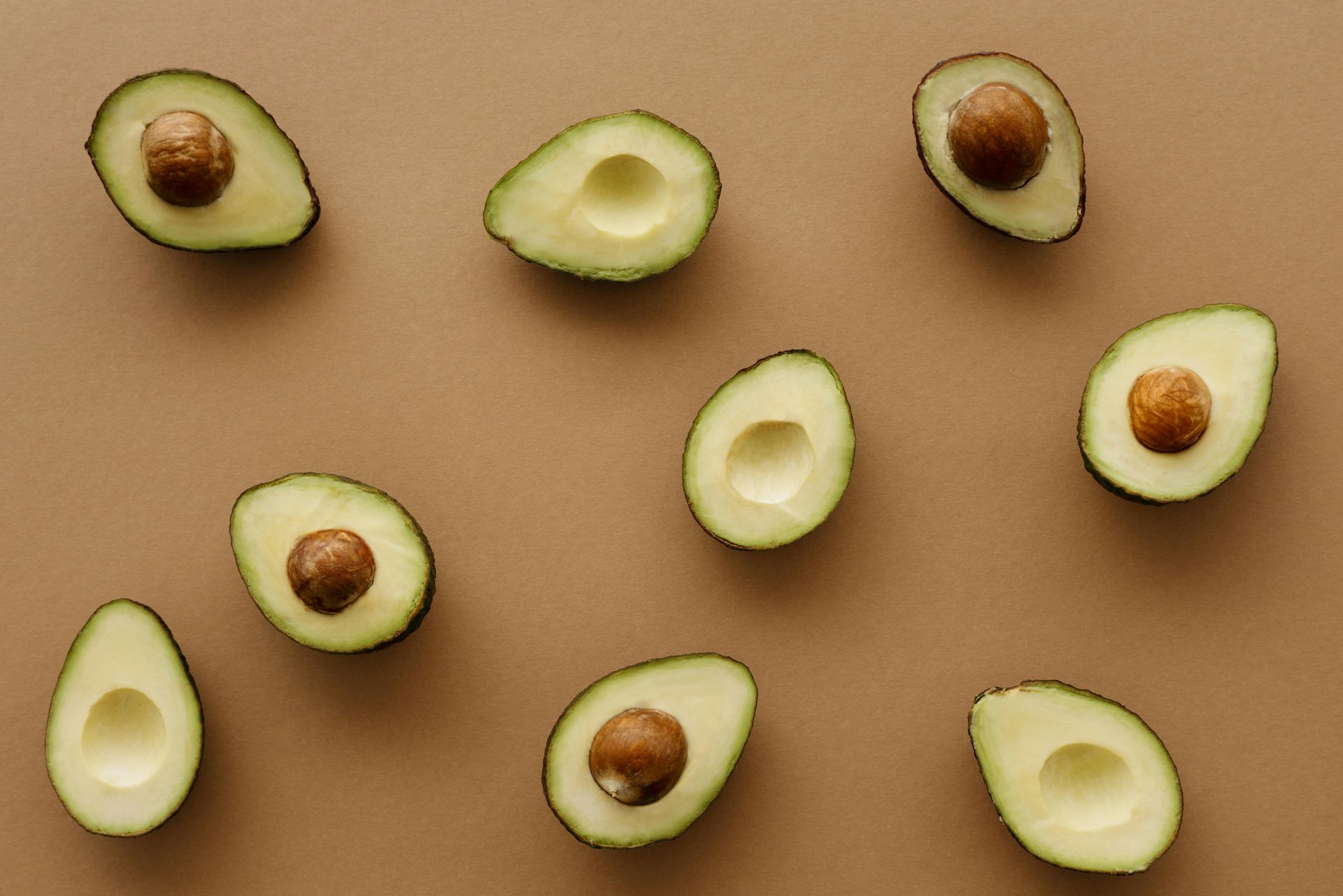Avocados
The Heart-Protective Superfood You Should Add to Your Plate
We often think of the damage from an unhealthy meal as something that happens “over time,” but science paints a very different picture. Even a single unhealthy meal can have immediate, measurable effects on your cardiovascular system — from narrowing your blood vessels (vasoconstriction) to triggering spikes in inflammation. These short-term changes may seem invisible, but over time, repeated hits like this set the stage for chronic disease.
🍔 One Meal Can Trigger Real-Time Cardiovascular Damage
Studies show that within just a few hours after eating a high-fat, processed meal like a hamburger, blood vessels constrict, and inflammatory markers like interleukin-6 (IL-6) rise. This creates an environment where blood flow is compromised and the immune system is on high alert — a perfect storm for cardiovascular stress.
But here’s the encouraging part: what you add to your meal can make a profound difference.
🥑 Adding Avocado Neutralizes Inflammatory Impact
In one clinical study (PMID: 23196671), 11 healthy adults were given either:
- A 250-gram hamburger alone, or
- A 250-gram hamburger with half an avocado (68 g)
The results were striking:
- Vasoconstriction occurred two hours after eating the hamburger alone.
- No vasoconstriction was observed when the hamburger was eaten with avocado.
- At four hours post-meal, IL-6 levels rose significantly after the hamburger alone — but stayed stable when avocado was added.
Why such a difference? Half an avocado packs:
- Fiber: 4.6 g
- Potassium: 345 mg
- Folate: 60 mg
- Monounsaturated fats (MUFAs): 6.7 g
- Calories: 114 kcal
These nutrients work synergistically to buffer the vascular and inflammatory response to a high-fat meal. MUFAs, for example, improve endothelial function, while fiber and potassium support metabolic and cardiovascular balance.
🥦 Vegetables Can Do It Too
It’s not just avocado. A study by Esposito et al. found that when participants added vegetables to a high-fat meal (two sausages, six slices of bread, a small egg, butter, and olive oil), the negative impact on endothelial function was significantly reduced. In other words, vegetables helped “override” the pro-inflammatory effects of the meal.
🧠 Functional Medicine Perspective: Food as Information
In functional medicine, we view food not just as calories but as information that speaks to your body at a cellular level. Every bite you take either contributes to inflammation or calms it. By making simple strategic additions — like avocado or a generous side of colorful vegetables — you can shift your body’s response from inflammatory to protective.
This is not about perfection. It’s about using food intentionally. Even if you occasionally enjoy a burger, pairing it wisely can help protect your blood vessels and lower inflammatory burden.
⚖️ Tying It to Weight Loss
From a weight loss perspective, adding fiber and healthy fats like those found in avocado can:
- Increase satiety, helping you feel fuller longer
- Balance blood sugar, reducing cravings later in the day
- Support hormone balance, which is essential for sustainable weight management
This is why, in my practice at Designed4Wellness, we focus on upgrading meals, not just restricting them. Small, smart changes can have powerful impacts on your metabolism and long-term health.
📝 Takeaway:
Adding nutrient-dense foods like avocado or vegetables to a meal high in unhealthy fats doesn’t just add flavor — it can literally protect your arteries and calm inflammation in real time.




